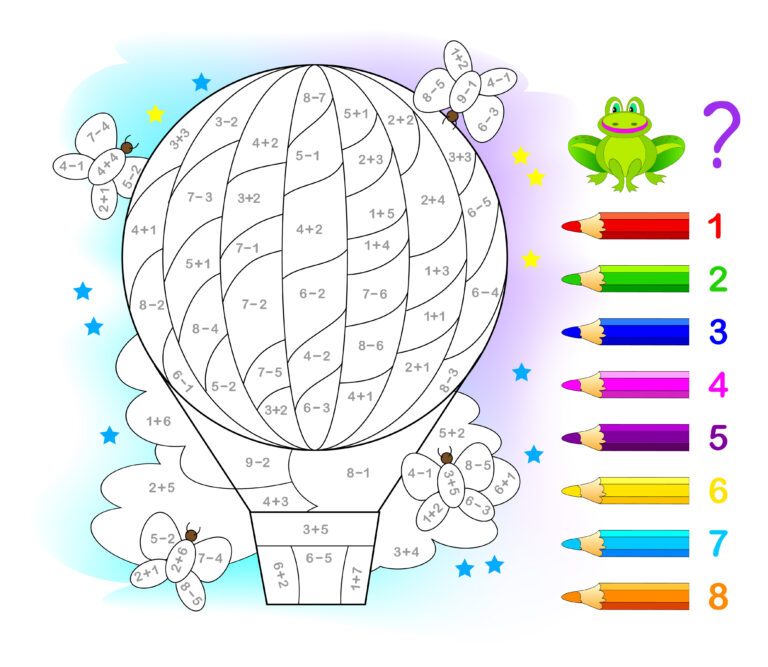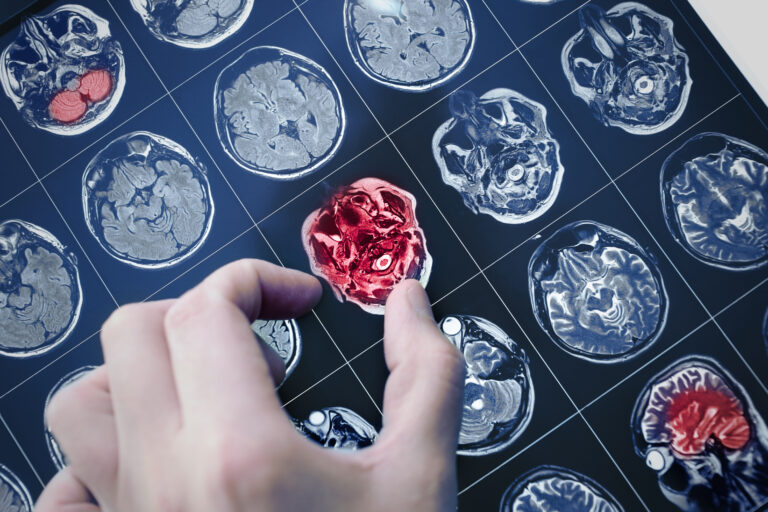Radioactive iodine treatment, commonly used to manage thyroid conditions such as hyperthyroidism and thyroid cancer, can have effects on fertility, but these effects vary depending on several factors including gender, dosage, and individual health.
For men, radioactive iodine therapy may cause a **temporary reduction in sperm count**, which can lead to short-term infertility lasting up to about two years after treatment. This reduction in sperm production is usually reversible, meaning fertility often recovers over time. Because of this potential temporary infertility, men who plan to have children in the future are sometimes advised to bank sperm before undergoing radioactive iodine treatment. This precaution helps preserve fertility options during the period when sperm count might be low. Importantly, this temporary infertility does not necessarily mean permanent damage to reproductive function, but it is a significant consideration for men of reproductive age undergoing treatment.
In women, the impact of radioactive iodine on fertility is less direct but still notable. Radioactive iodine can affect ovarian reserve, which refers to the number and quality of eggs available for fertilization. Some studies suggest that treatment may lead to **menstrual irregularities** and potentially an earlier onset of menopause, which could shorten the reproductive window. However, overall pregnancy rates after radioactive iodine treatment do not appear to be significantly reduced compared to those who have not undergone the treatment. Women are generally advised to avoid pregnancy for at least 6 to 12 months following radioactive iodine therapy to allow the body to clear the radioactive material and reduce any risks to a developing fetus.
The effects on fertility are also influenced by the number of radioactive iodine treatments received. Patients undergoing multiple rounds of treatment may experience a longer delay before achieving pregnancy, although adverse pregnancy outcomes such as miscarriage, premature birth, or gestational complications do not seem to increase significantly after treatment.
It is important to distinguish between the effects of the thyroid disease itself and the effects of its treatment. Thyroid disorders, especially when untreated, can disrupt menstrual cycles and fertility due to hormonal imbalances. Successful treatment of thyroid disease, including with radioactive iodine, often improves overall hormonal balance and can enhance fertility prospects in the long term.
In summary, radioactive iodine therapy can cause **temporary fertility challenges**, particularly in men due to reduced sperm counts, and may affect ovarian function in women, potentially leading to menstrual changes and a shortened reproductive lifespan. However, these effects are generally not permanent, and many patients retain the ability to conceive after treatment. Fertility preservation strategies, such as sperm banking for men and careful timing of pregnancy for women, are important considerations when planning radioactive iodine therapy.





